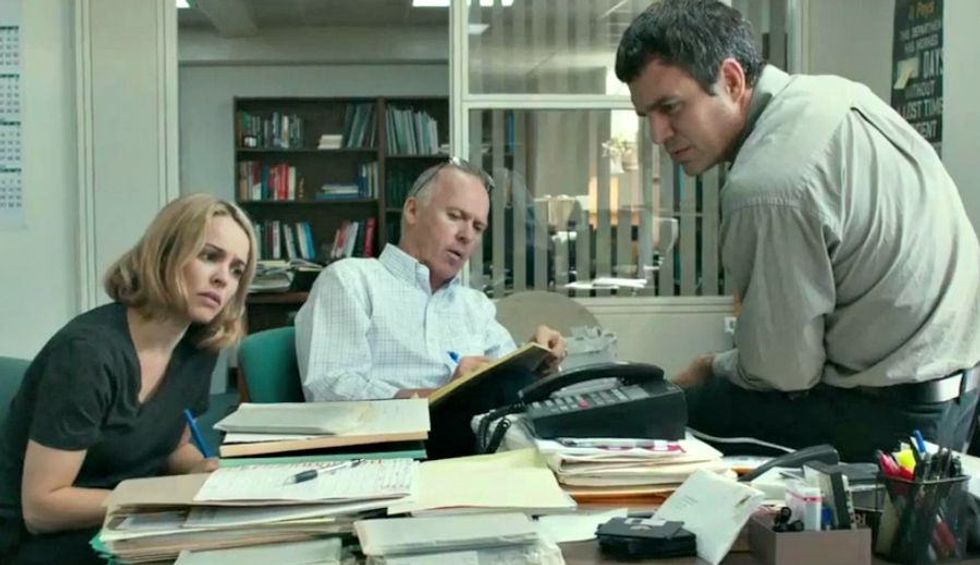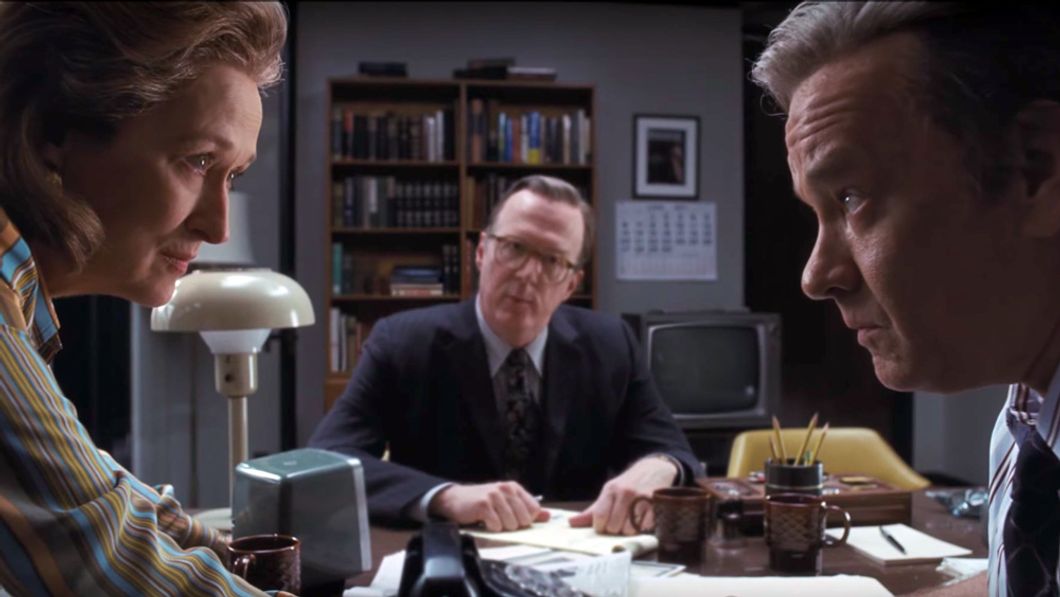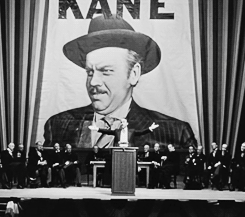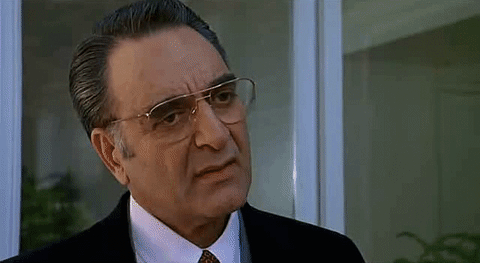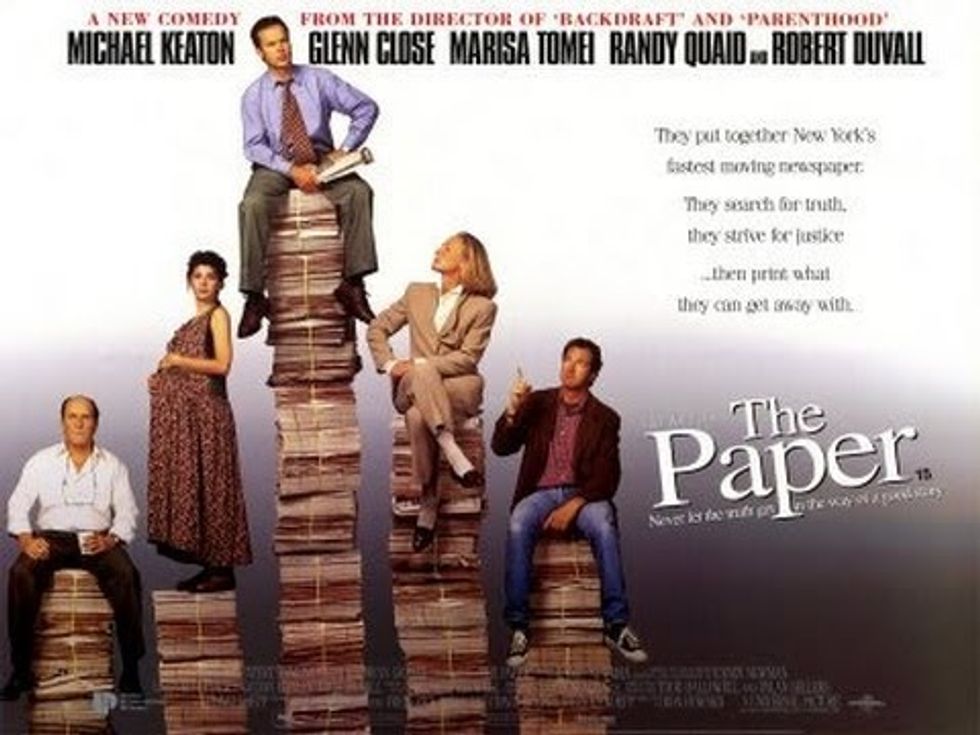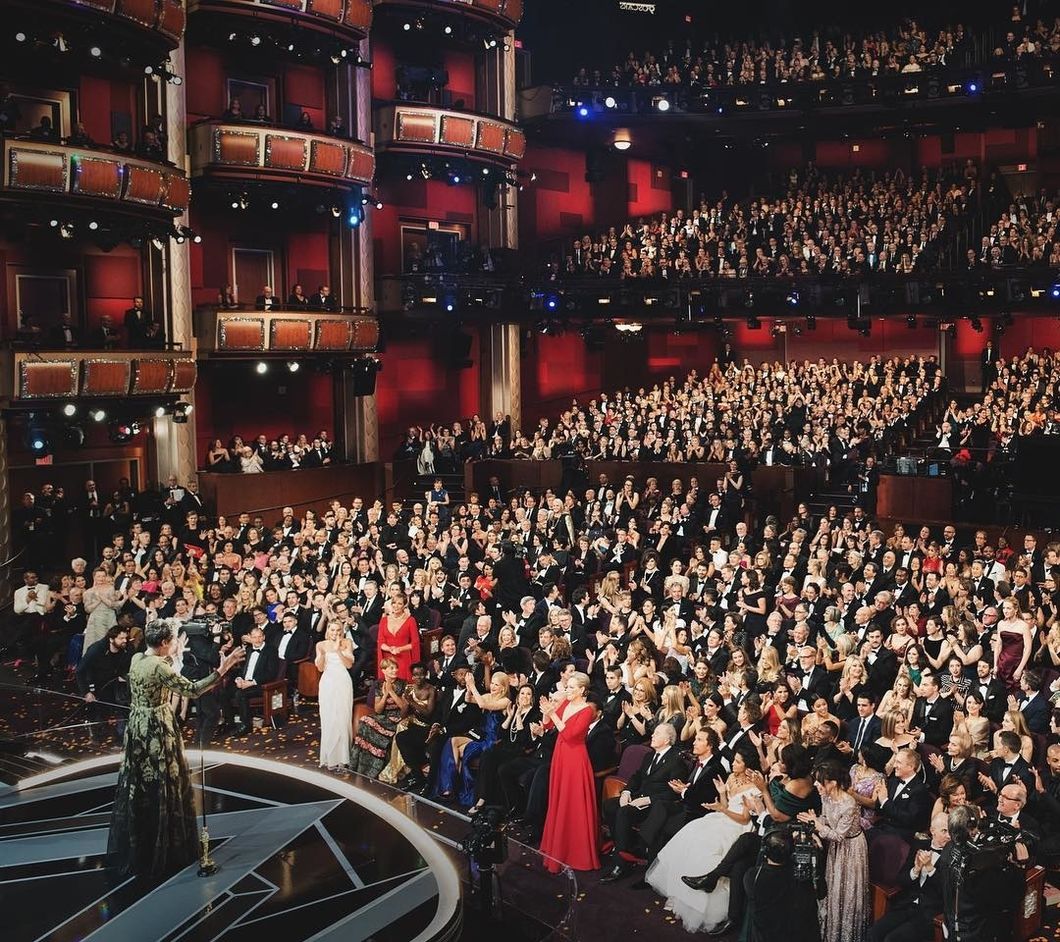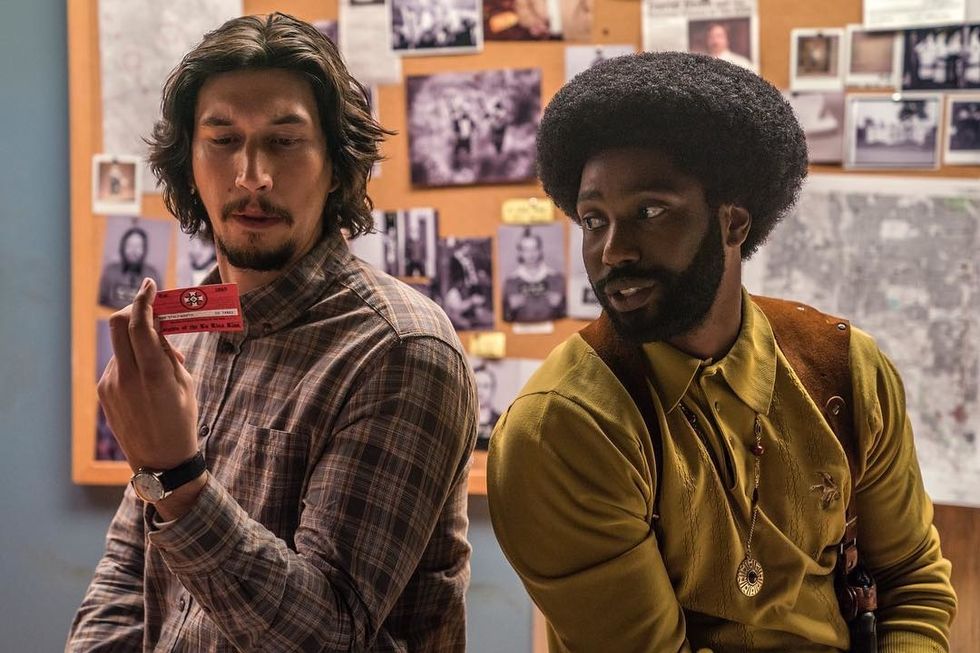The HQ2 'Competition' Was All For Show — Amazon Itself Is The Real Winner
Amazon's dealing gained them access to just about everything they need to be successful going forward.
Amazon recently announced their decision to split their second headquarters, HQ2, into two different locations in the D.C. suburbs and in New York City. This was a competition that dragged along for months, with many cities vying for a place in Amazon's upper echelons.
In all honesty, I think we could all classify this "competition" as a spectacle. One could argue this was set up to give the impression of being a competition, while the results were already predetermined.
Why you may ask? Lots of reasons.
Amazon had much reason to select D.C. and NYC as the two main locations from the beginning. For one, Jeff Bezos owns the Washington Post, the biggest newspaper in D.C., and it would certainly benefit him to be in a position to be in Washington D.C. more frequently to influence the political establishment and Congress to receive benefits, including anything from tax breaks to potentially having money earmarked.
In New York City, there is the obvious incentive of being able to interact with individuals associated with one of the largest sources of financial capital in the world. Being able to interact with the most wealthy individuals on the planet, working together to lobby and cozy up to one another. Relationships are key, and Bezos knows which ones he wants.
Jeff Bezos also had other reasons to make this seem as if it was a competition since Amazon was able to see what lengths cities would go to in order to attract Amazon to their location — including all the tax breaks, resources, access to infrastructure and anything else cities proposed. Atlanta, for example, offered Amazon a personal car on its railway, in addition to a personal space at their airport. Boston offered interest-free housing to new Amazon employees, Columbus offered a crime task force, and nearly every city offered a significant tax break for the company.
What is to stop Amazon from coming back to play these games again and demanding a better package, along with using the knowledge they already gained from previous proposals?
Lastly, I believe a huge opportunity was missed here for many cities struggling financially, as well as with their population decline, at this time. Detroit has lost the majority of its population but has seen a lot of recent investment via Cleveland Cavaliers owner Dan Gilbert, as well from Ford, who recently bought the Michigan Central Station. A city with a lot of new investment? Why not there?
Other cities like Cleveland — or cities that are established hubs for some sort of industry — could have used that extra shot in the arm. and a lot of these cities they considered have prestigious universities that, with possible investment into the various tech-oriented departments, could have churned out employees for the company.
This could have trickled down into states, creating something mutually beneficial for both the state and the company, rather than just essentially importing in students from the established schools to established cities.
There are many other potential issues associated with this move, such as rising housing costs, the costs of the tax breaks and other incentives on the two region's existing populations, and more. For the time being, it should be clear that Amazon's competition was just a ruse. Amazon will have the incentive to do this again, and it will most likely happen again.



 media.giphy.com
media.giphy.com

 Giphy
Giphy